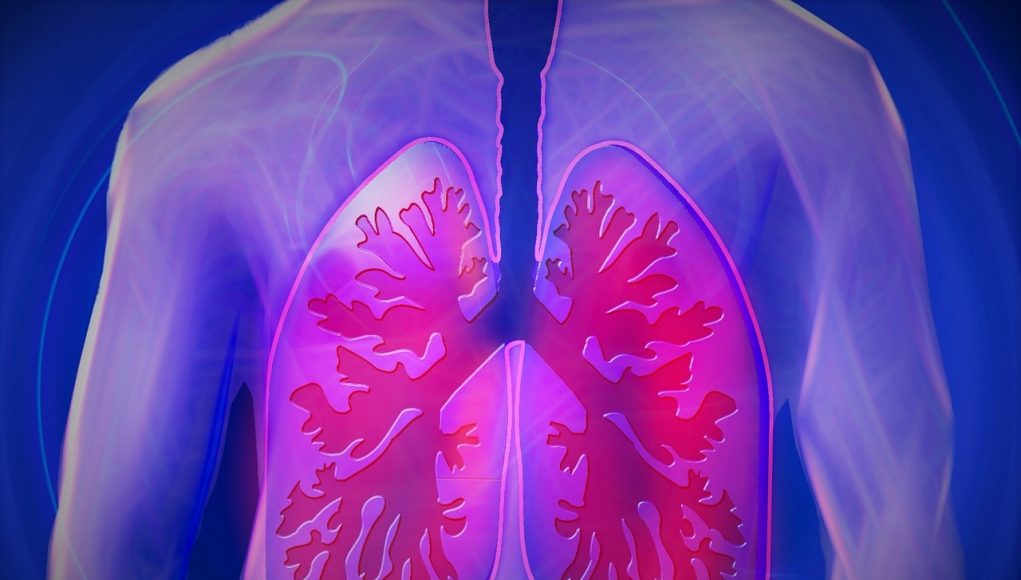A recent study titled, “Association of smoking and electronic cigarette use with wheezing and related respiratory symptoms in adults: cross-sectional results from the Population Assessment of Tobacco and Health (PATH) study, wave 2,” suggested that vaping was associated with an increased risk of wheezing and related respiratory symptoms.
It is important to point out that this study does not prove that vaping causes wheezing, it just identifies an association between the two factors, which could amongst other things be caused by the fact that most vapers are ex-smokers.
Researchers from the University of Rochester and the Roswell Park Comprehensive Cancer Center, reported that vapers were twice as likely to experience wheezing than people who do not vape. “Current vapers had lower risk in wheezing and related respiratory symptoms than current smokers or dual users but higher than non-users,” they said.
“The take-home message is that electronic cigarettes are not safe when it comes to lung health,” said study author Deborah Ossip, Ph.D. “The changes we’re seeing with vaping, both in laboratory experiments and studies of people who vape, are consistent with early signs of lung damage, which is very worrisome.”
Meanwhile it is important to point out that this study does not prove that vaping causes wheezing, it just identifies an association between the two factors, which could amongst other things be caused by the fact that most vapers are ex-smokers. In fact other studies have indicated quite the opposite, documenting cases of chronic respiratory bacterial infections being resolved via vaping.
Chronic infections resolved via vaping?
A 2017 paper titled, “Resolution of recurrent tonsillitis in a non-smoker who became a vaper. A case study and new hypothesis”, by Joanna Miler and Peter Hajek, had documented the case of a never-smoker who experienced a complete resolution of chronic tonsillitis and a marked improvement in tonsillitis after taking up vaping.
This led to another study, titled: “Resolution of chronic nasal Staphylococcus aureus infection in a non-smoker who started to use glycerine based e-cigarettes: Antibacterial effects of vaping?”, in which a never-smoker who started using his wife’s e-cigarette, experienced the complete resolution of chronic nasal Staphylococcus aureus infections, after a few weeks of vaping liquids containing vegetable glycerine with low levels of nicotine (3 mg/ml).
Miler and Hajek said that although the resolution of these infections could well be a coincidence, they could also be a result of the effect of some of the compounds found in vaping products. “The improvements cannot be attributed to smoking cessation or bactericidal effects of propylene glycol. The effect could be a coincidence, but it could also be related to bacteriostatic properties of glycerol, or to antimicrobial properties of nicotine and/or the zinc (II) complex of nicotine.”
Smokers who switch to vaping experience a decrease in respiratory infections
In line with this, research led by Hajek at Queen Mary University of London (QMUL) in 2016, on a number of smokers who had switched from smoking to vaping, had found that the majority experienced a decrease in respiratory infections.
The study was carried out by assessing 941 subjects who switched to vaping for at least two months, and the results were published in the Journal of Addiction Research and Therapy. The findings had illustrated that in regards to respiratory issues, 66% of study participants claimed improvement, 29% experienced no changes, and 5% reported worsening.












